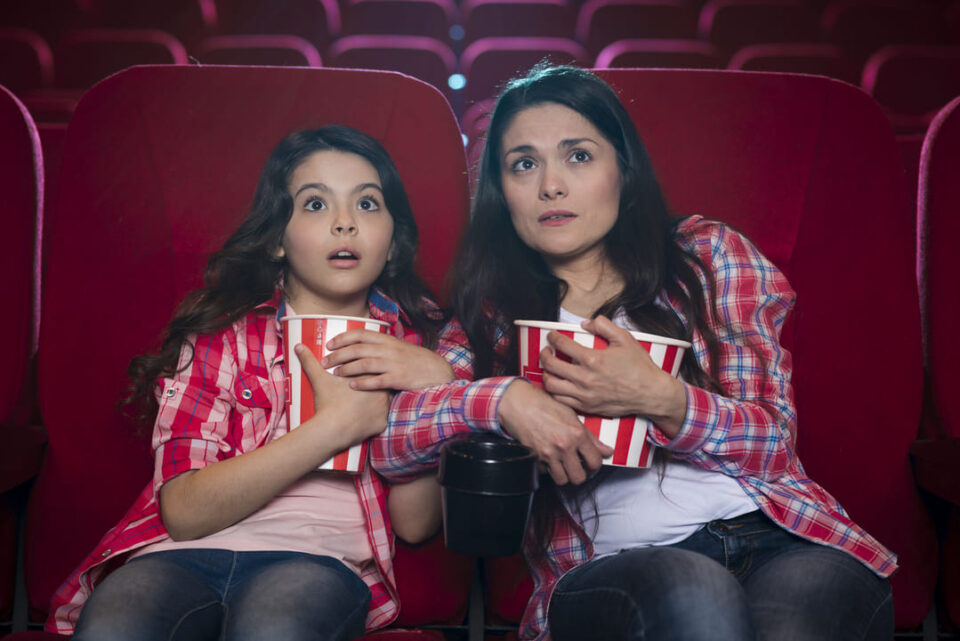Recently, one of my patients, Ankita, arrived at my clinic with her mother, who was battling osteoarthritis. As I greeted them, I couldn’t help but notice the weariness in her mother’s eyes, which seemed slightly swollen, hinting at underlying sadness. Curiosity got the best of me, and I casually inquired about her well-being. “What happened?” I asked. “Is the pain becoming unbearable?”
To my surprise, Ankita burst into laughter. No, doctor, she replied with a smile, “We just came from a movie. We’re heading straight from the cinema hall to your clinic.” She went on to explain that whenever her mother watches an emotional scene in a film, tears start flowing uncontrollably. It’s as if a floodgate of emotions opens, and her handkerchief quickly becomes soaked. “Is there any medication to control these emotional outbursts?” Ankita wondered.
Our conversation that day revolved around movies and the incredible human experiences they can trigger. This blog is a reflection of that enlightening experience.
The Magic of Storytelling
Movies are more than just visual and auditory experiences; they are potent storytellers. Humans have an innate connection with stories, and when those stories evoke powerful emotions, tears become a natural response. We are wired to empathize, to immerse ourselves in the struggles and joys of the characters on screen.
The Emotional Journey
Movies take us on an emotional rollercoaster, from moments of laughter to the depths of sorrow. Understanding the emotional arc of a film can help explain why we shed tears. Emotional resonance is the key – when a movie skillfully manipulates our feelings, tears become an outlet for our heightened emotions.
The Power of Music
The emotional impact of movies isn’t solely reliant on the visuals; the soundtrack plays an equally crucial role. Music can intensify our feelings, and when it’s perfectly synchronized with the on-screen action, it can bring us to tears even more effectively.
Mirror Neurons and Empathy
Mirror neurons are fascinating neural pathways that fire when we observe someone else experiencing an emotion. They make us feel what the characters on screen are feeling. When we see a character cry, our mirror neurons light up, triggering our emotional response.
Catharsis and Emotional Release
Tears aren’t just a sign of sadness; they can also represent a release of built-up tension and pent-up emotions. Watching a movie can provide a safe space for us to let go and experience catharsis, leaving us feeling emotionally lighter afterward.
Genre Matters
Different movie genres elicit tears for various reasons. Romantic comedies often evoke tears of joy and nostalgia, while dramas and tragedies tap into our empathy and sympathy, causing more somber tears.
Acting and Realism
A skilled actor can make their character’s emotions feel real, drawing us into their world. When we believe in the authenticity of their performance, it becomes easier for us to empathize and cry alongside them.
Personal Resonance
Our personal experiences, traumas, and triumphs can heavily influence why we cry during particular movies. A film that resonates with our own life story can trigger a more profound emotional response.
The Social Aspect
Watching a movie in a group enhances the emotional experience. The shared tears and laughter create a sense of unity and shared understanding, making the movie-watching experience even more memorable.
Conclusion
So, why do we cry while watching movies? It’s a beautifully complex interplay of emotions, storytelling, music, empathy, and personal connection. I can confidently say that shedding tears at the movies is a testament to our humanity. It’s a reminder that we are capable of feeling deeply, empathizing profoundly, and connecting emotionally with the stories and characters on the silver screen.
Next time you find yourself wiping away tears in a darkened theater, remember that it’s not just a sign of vulnerability; it’s a tribute to the magic of cinema and the incredible capacity of the human heart.

